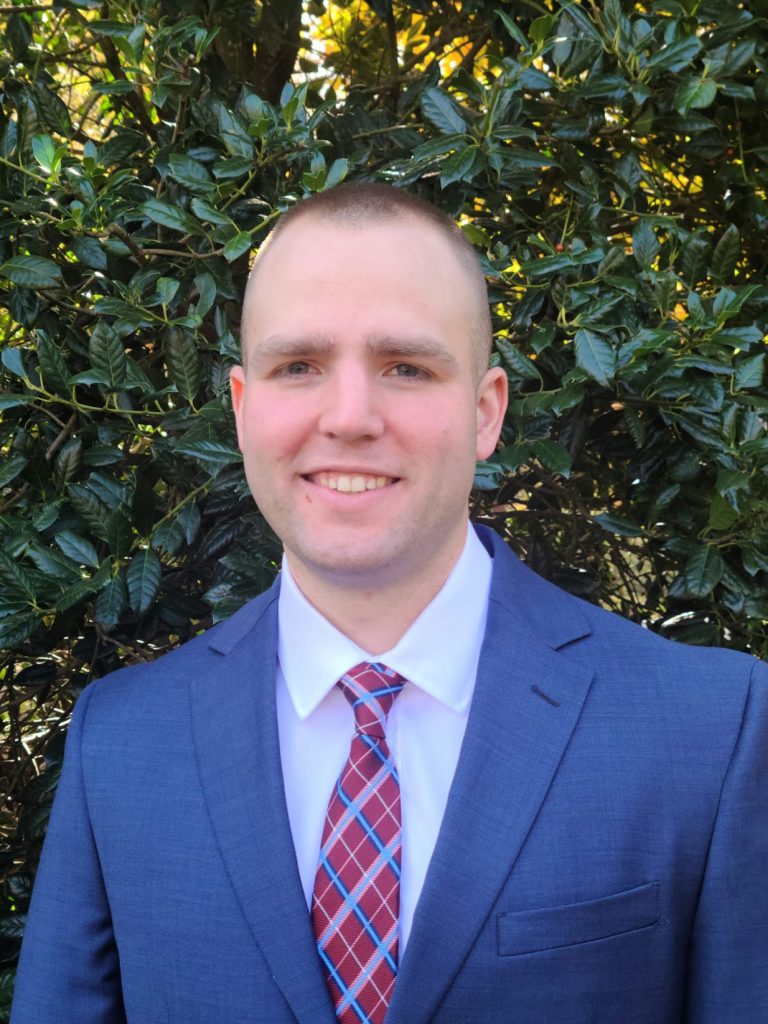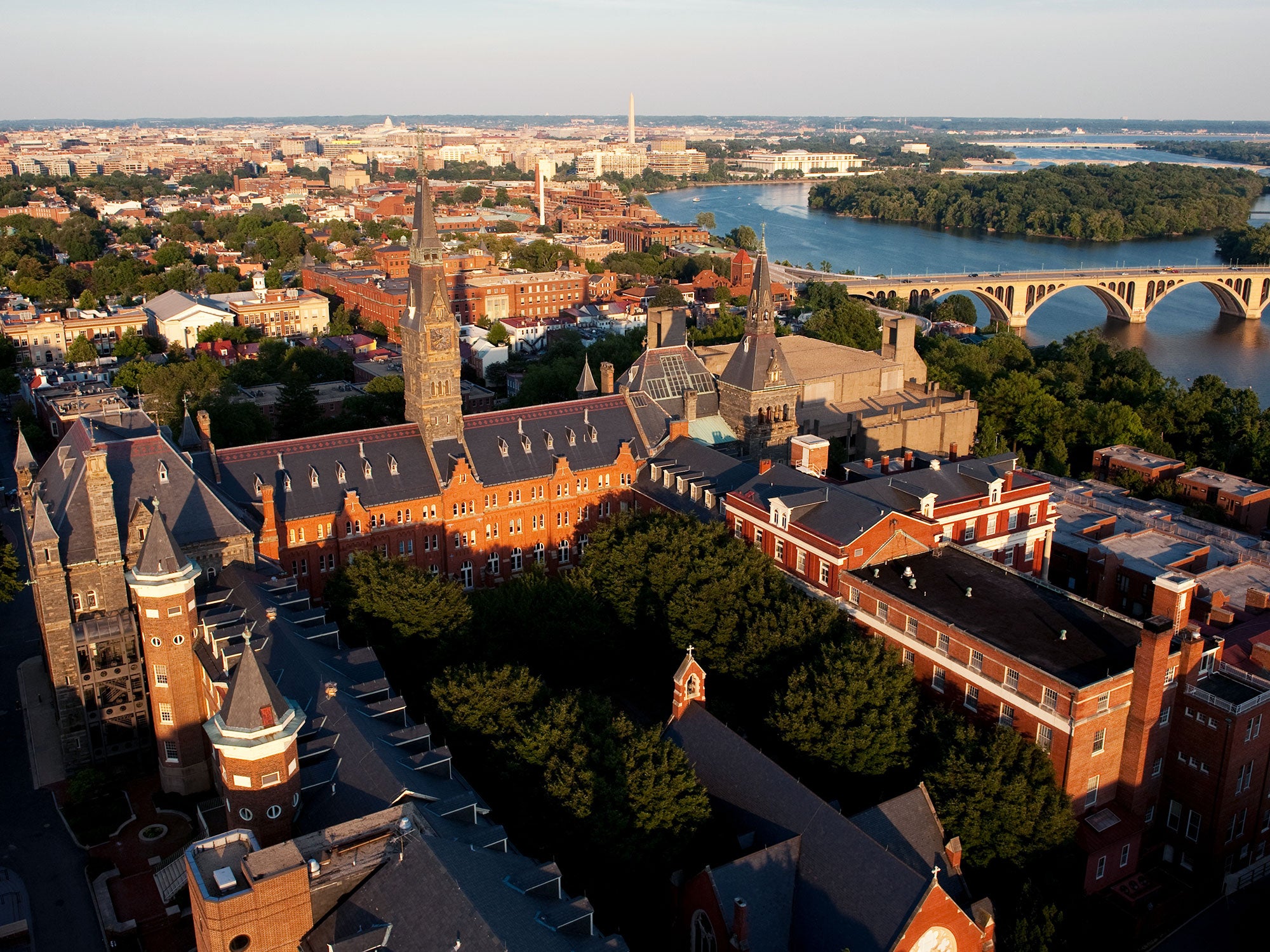Rising the ranks: An Army officer’s journey from McCourt to the Pentagon
McCourt student and active duty officer Kevin Marks (MPM’23) shares the evolution of his military career, what drives his passion for service and how he is preparing to work in the U.S. Department of Defense.

McCourt School: What motivated you to enlist in the U.S. Army?
Kevin Marks (MPM’23): I grew up in a small suburb outside of Chicago, IL, in an environment where most of my peers felt comfortable staying and settling down. After high school, motivated by a professional interest in law enforcement, I decided to enlist in the Military Police Corps, the uniformed law enforcement branch of the United States Army.
How did your family react to your decision?
I was the first military member of my family. My parents may not have known what I was getting myself into, but they were and continue to be extremely supportive of me and my journey. Now, 11 years into my military career, I am still so grateful that I took this leap and that I have been able to support myself, my wife and our two children.
How has your professional career within the Military Police Corps evolved?
I have held a number of roles within the Military Police Corps — from platoon leader, company commander and law enforcement officer to educator. As a company commander, I served on behalf of the organization, where I was in charge of the health, welfare, mentoring and training of other Soldiers. I gained invaluable leadership experience and a seat at the decision making table.
Were you able to select into any of those roles based on your personal interests?
I have always been passionate about teaching and sought out the opportunity to be a U.S. Military Police School instructor. At the Military Police School I taught a career course for future U.S. Army captains on military concepts, methodologies and theories and how to apply them to real-world situations. The exposure to students with a diversity of knowledge bases and experiences and to a classroom environment helped minimize my transition into academia. I considered the schoolhouse as a laboratory to hone one’s craft and have carried that mindset to the McCourt School.
What brought you to the McCourt School of Public Policy?
I am honored to have been selected from a highly-competitive pool of applicants to the JCS Internship program. Each year, 20 active duty Army officers are awarded the opportunity to spend one year earning a Master of Policy Management degree at the McCourt School, one year as an intern with the Joint Chiefs of Staff (JCS) or Office of Secretary of Defense (OSD), followed by one year in the U.S. Army Staff. It’s a whirlwind of experiences that will allow me to learn about the policymaking process in an academic environment prior to putting skills into practice at the tactical level.
How are you preparing for your internship at the Pentagon?
I completed an extensive series of interviews with senior leaders in preparation for the placement process, through which I will be assigned to a specific office within JCS or OSD that compliments my personality, experiences and interests. I am about to enter into an experience of a lifetime, and I look forward to becoming a part of the solution to the problems facing our complex world.
How has your involvement as a student leader enhanced your McCourt experience?
The Army has always taught me to leave an organization better than I found it. I never turned this mindset off when I came to Georgetown, and it’s what motivated me to get involved in the National Defense Policy Initiative. I have been given unparalleled opportunities to engage with leading experts and practitioners. How many students can say they hosted a virtual coffee chat with Craig Newmark , founder of craigslist and Craig Newmark Philanthropies, and had an open dialogue with Juliette Keyeem , former assistant secretary at the Department of Homeland Security? It has been incredibly rewarding to share access to professionals of their stature with my peers.
Do you foresee yourself dedicating your career to the military?
I fully plan to be a part of the military for the long-term. It’s been life-changing for me and my family. My primary aspirations are to be a transformational leader and give back to my community, fellow soldiers and veterans. Wherever I can do that to the fullest extent within the U.S. Army is where I want to be.
